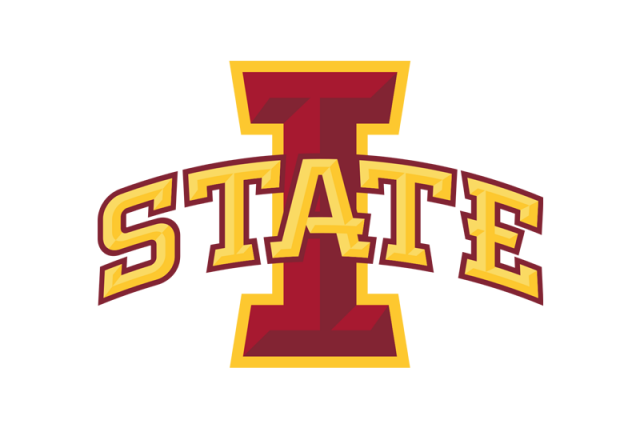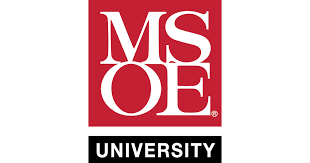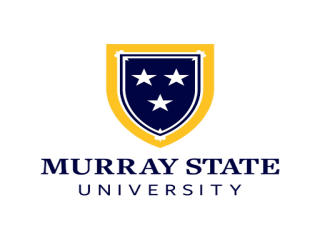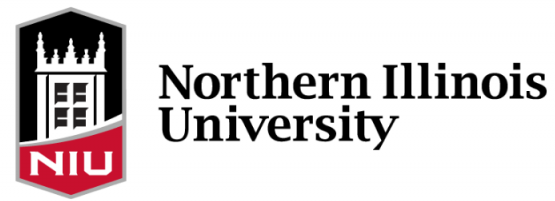Power Partner Universities
The primary objective of this program is to increase the amount of fluid power being taught in university agricultural, mechanical engineering, and engineering technology degree programs and to enhance student-to-industry connections.







Purdue University in West Lafayette, Indiana, became the first Power Partner University in 2020 in recognition of the school’s commitment to fluid power education at the undergraduate and graduate levels. Milwaukee School of Engineering in Milwaukee, Wisconsin, and Iowa State University in Ames, Iowa, became the second and third Power Partner Universities soon after in 2021. Murray State University in Murray, Kentucky and Northern Illinois University in Illinois were welcomed in 2022 as our fourth and fifth universities to join our Power Partner Program. Cleveland State University and North Carolina Agricultural and Technical State University joined the program in 2023.
Requirements to Become a Power Partner
To be considered as a Power Partner, the university must:
- Participate in the Speaker’s Bureau program
- Participate in the Fluid Power Vehicle Challenge
- Have a Fluid Power Club
- Host a student/industry connection event
- Teach the ten core fluid power competencies
Program Benefits
With this recognition, NFPA will:
- Promote the university’s fluid power programs to all 300+ NFPA members through the website, featured articles within the NFPA web community and an interview with the faculty advisor on the NFPA podcast, Fluid Power Forum
- Work to connect its members to the university through “Meet the Students” industry connection events where students learn about careers in fluid power and meet face-to-face or virtually with industry executives and HR professionals
- Invite faculty from the university to attend NFPA regional and annual meetings
- Limited grant funding may be available to Power Partner Universities to develop new curriculum
More About Associated University Programs
Speaker’s Bureau: NFPA members speak about fluid power careers at their local universities. NFPA helps organize this by providing a draft presentation, information on types of jobs, salaries, job outlooks, and the types of degrees needed for each job, as well as working with the university and NFPA member to find a time that works for both.
Vehicle Challenge: A unique engineering design competition embedded in the capstone design course at participating universities. It strives to promote original thinking in a competitive setting by combining technology platforms that are not normally associated with one another —human-powered vehicles and fluid power. This program also connects university students to NFPA industry members through mentorship and judging.
Fluid Power Clubs: University students in NFPA-sponsored clubs work on fluid power projects and connect with NFPA industry members.
Ten Core Competencies: The NFPA University Education Committee, which is made up of NFPA industry members, identified ten core competencies that they would like to see university mechanical engineering students graduate with. These core competencies embody the skills that industry members would look for in job candidates.
Fluid Power Curricula: NFPA has resources on our website that are used by academic colleagues to teach the nine core competencies in university engineering programs.
